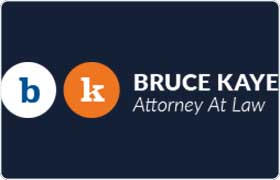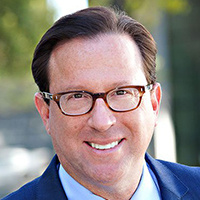 Mesquite Felony Lawyers, Texas
Mesquite Felony Lawyers, Texas
Sponsored Law Firm
-
 x
x

Click For More Info:
-
Law Offices Of Bruce C. Kaye
400 N. St. Paul St.1110 Dallas, TX 75201» view mapCriminal Defense Law Changing Lives, One Case At A Time
The best thing about running my own practice is the opportunity to give my clients the individual attention they deserve.
800-920-9461
Sponsored Lawyers
1-1 of 1 matches
6060 North Central Expressway
Dallas, TX 75206
Criminal, Misdemeanor, Felony, DUI-DWI
James Guinan began practice in November 1989 and practices as a Criminal Defense and Family lawyer in Dallas, Collin, Denton and Tarrant Counties.
(more)



 Bruce Kaye Dallas, TX
Bruce Kaye Dallas, TX

